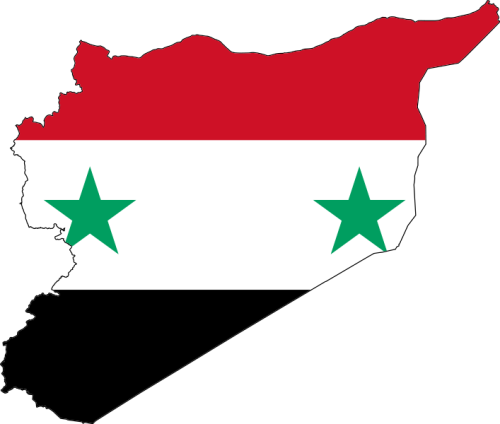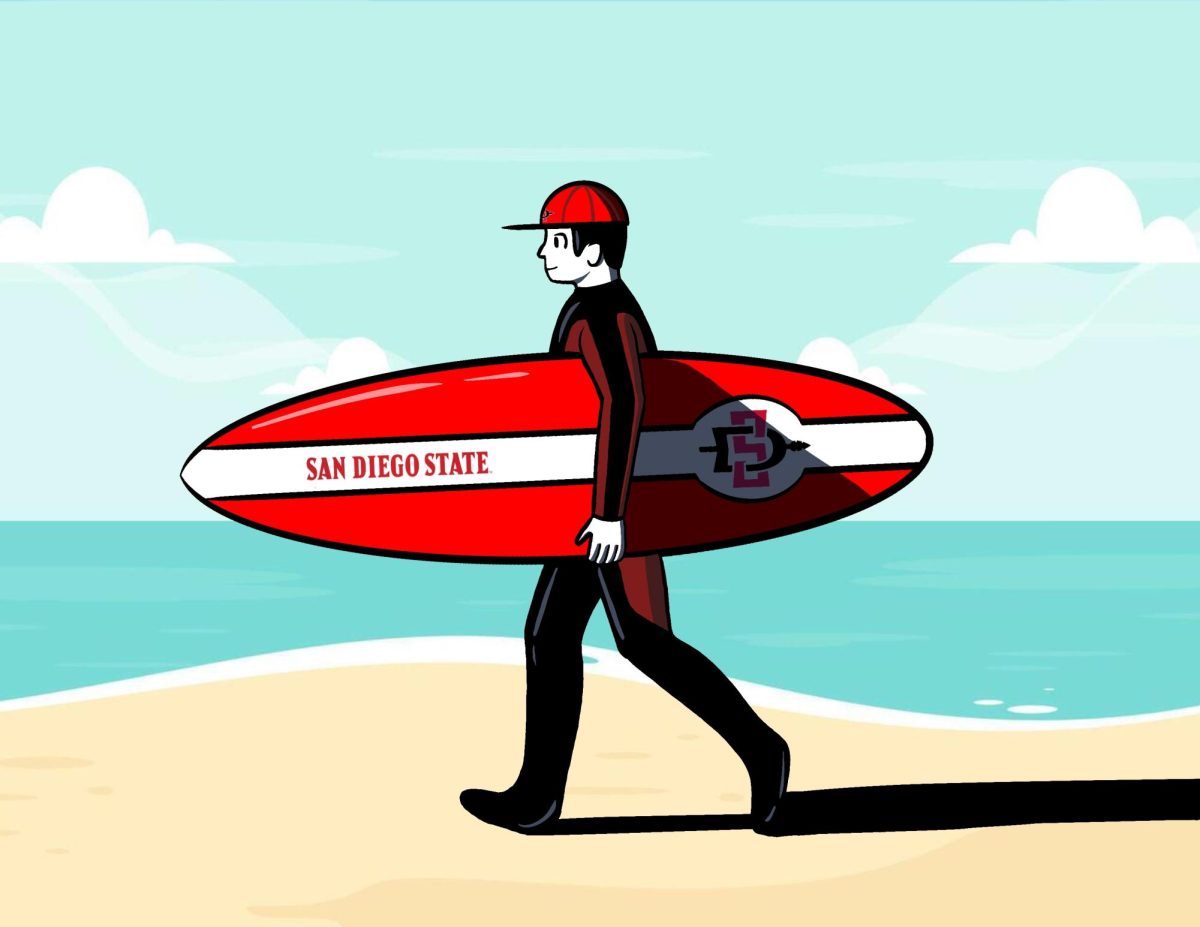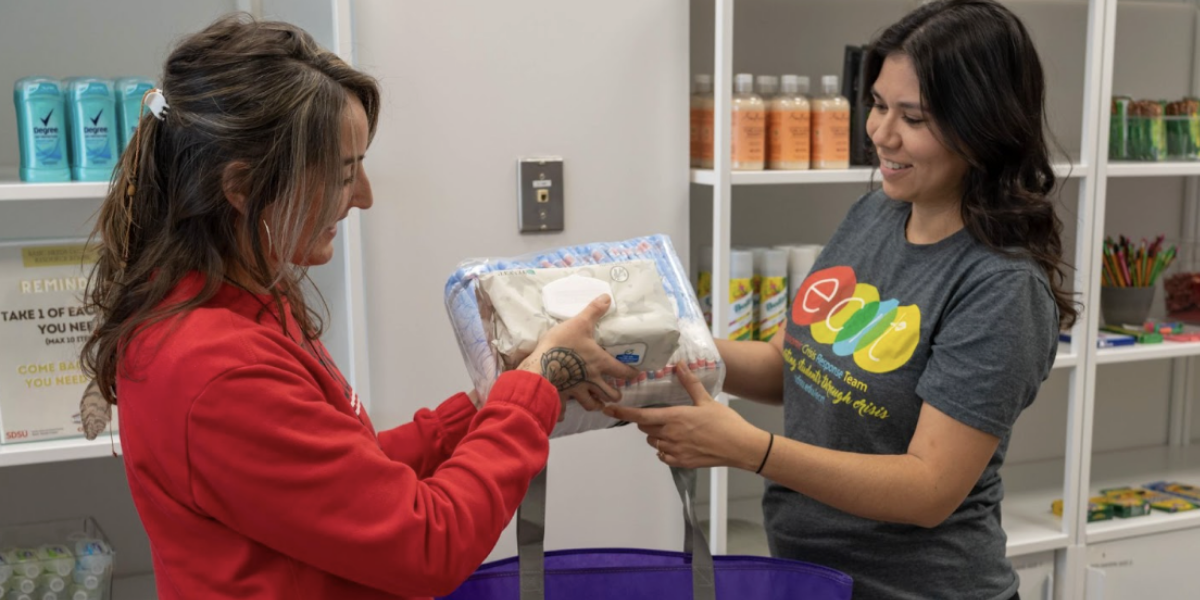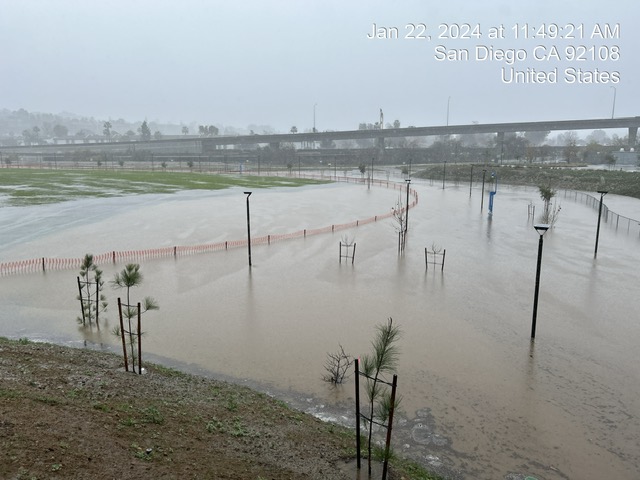The Senate Foreign Relations Committee approved a resolution that will authorize President Barack Obama to use military force in Syria, last Wednesday. San Diego State veterans and current service members reacted to a strong possibility of military action against Syria.The decision was prompted by last month’s alleged chemical attack in Damascus suburbs.
At the White House speech, President Barack Obama described the assault as the “worst chemical weapon attack of the 21st century,” claiming the U.S. intelligence shows a link between Syria regime and its forces preparing to use chemical weapons. Obama also said he will not wait for the United Nations Security Council approval to initiate response. The U.N. said more than 1,000 people were killed in the attack.
“It’s a damned-if-you-do, damned-if-you-don’t situation,” U.S. Marine reserves and history junior Brenden Boesgaard said.
Boesgaard said he thinks the U.S. has a responsibility as a watchdog, but he is not sure of the government’s motives in Syria. He also said the similarity between the build up toward action in Syria to that of Iraq bothers him.
“I get the feeling there is something we don’t know that Congress and the president do,” Boesgaard said.
Involvement in Syria is an attempt by the U.S. to flex its power abroad said international security and conflict resolution senior Paul Tomcavage, who served in Afghanistan in 2008.
[quote]I get the feeling there is something we don’t know that Congress and the president do.[/quote]
“Two mismanaged wars and a recession have weakened America as a global superpower,” Tomcavage said.
Tomcavage said he thinks it’s odd that the U.S. waited so long to get involved in the conflict, but feels it should still throw some of its military weight into the fray to protect the people of Syria.
Tomcavage and Boesgaard said the best course of action would be to avoid the entanglement of a ground conflict.
A limited strike against Syria would be justified said history student Edward Medina Jr., who served in Kosovo in 2000 and Iraq in 2003. Similar to Tomcavage and Boesgaard, Medina said the U.S. has a responsibility to take action in Syria to protect its people.
“People are more or less the same wherever you go and they all deserve to live peaceful lives free of terror and bloodshed,” Medina said.
He also said he thinks open negotiations with the help of the European Union, Russia and China could help curb the violence in Syria without full-scale military action.
Boesgaard, Tomcavage and Medina remained optimistic that the U.S. had the potential to help in the region, but acknowledged that based on past conflicts there is a great deal of risk in entering into a new war.
“I thought Iraq was going to have a positive effect, but it didn’t really turn out that way,” Medina said.







